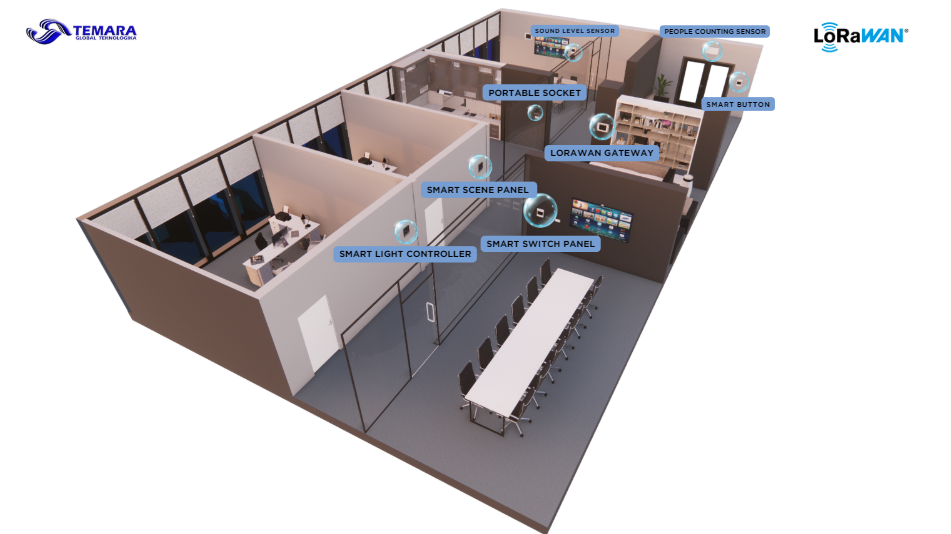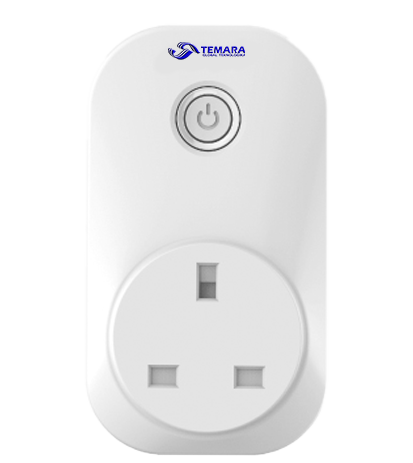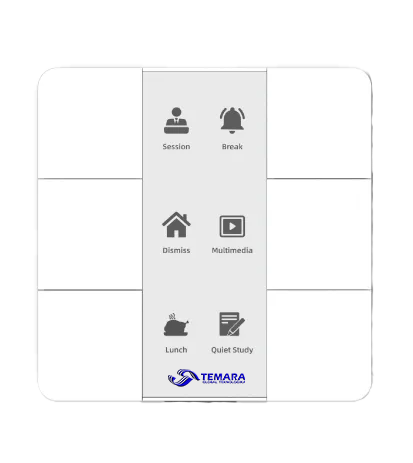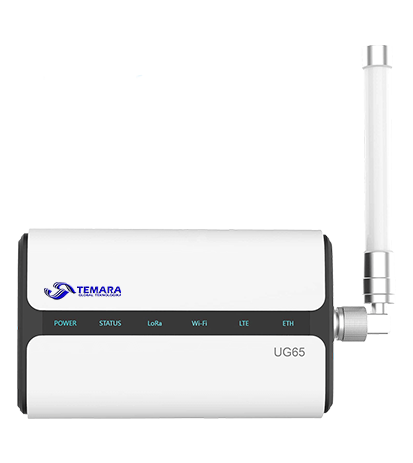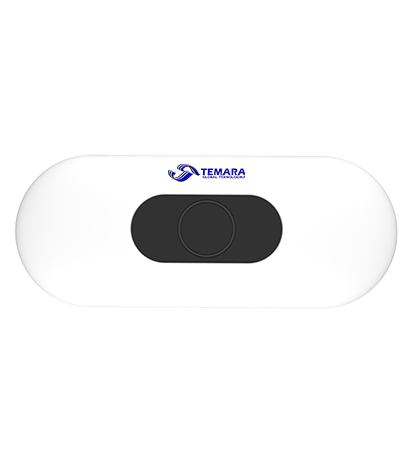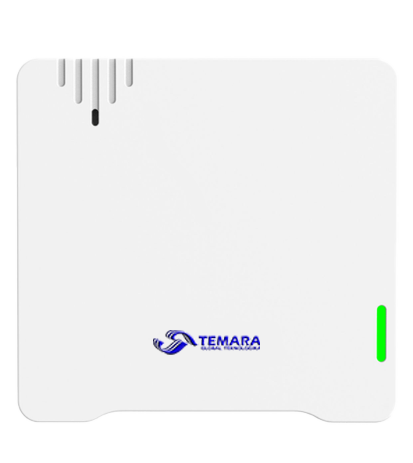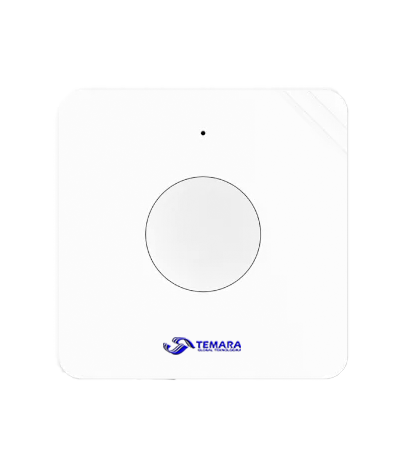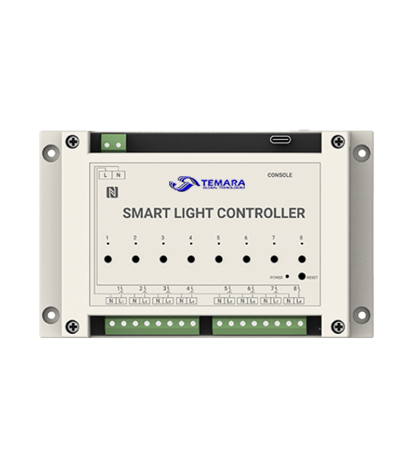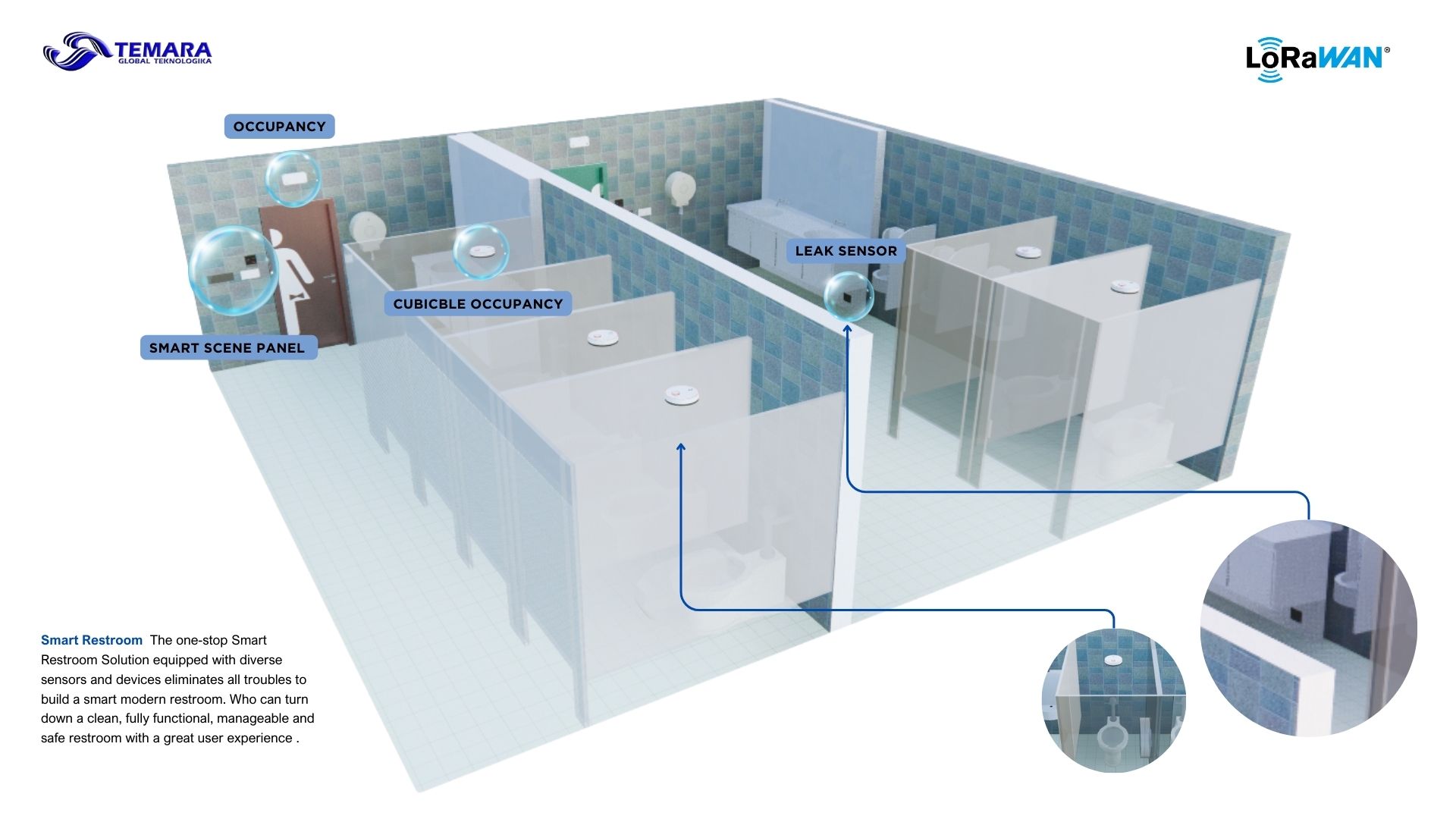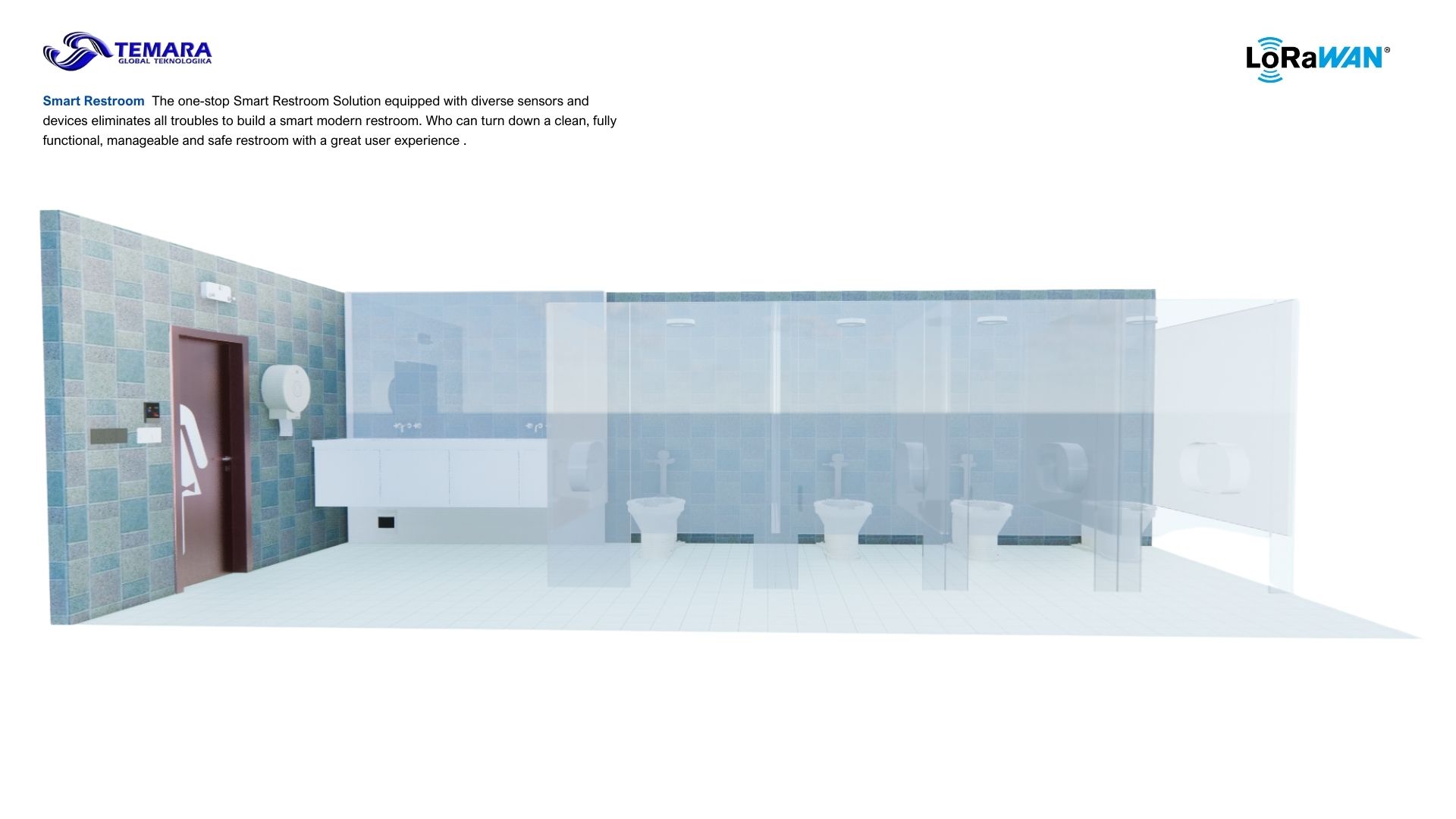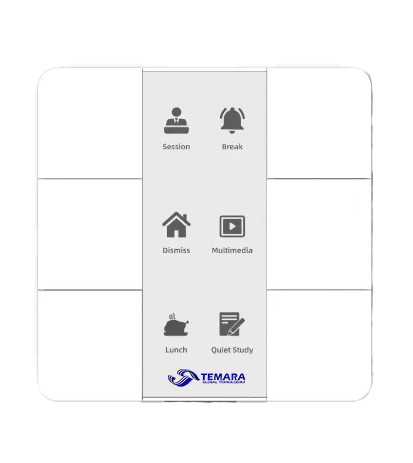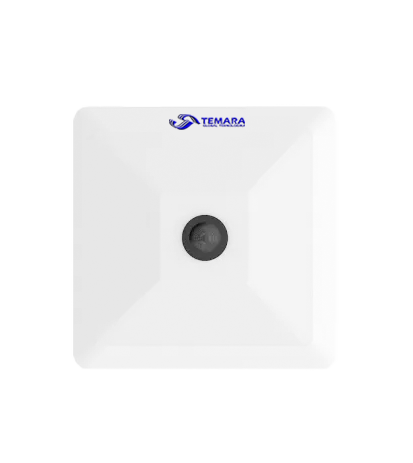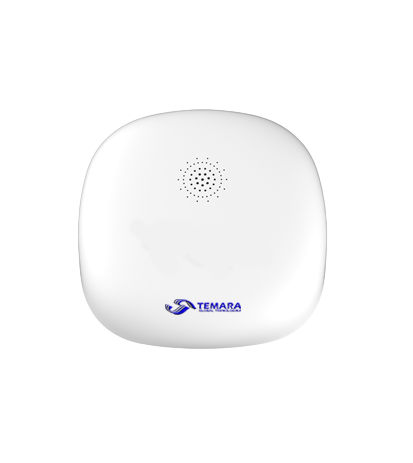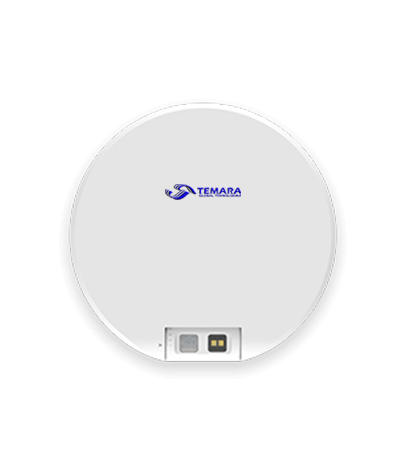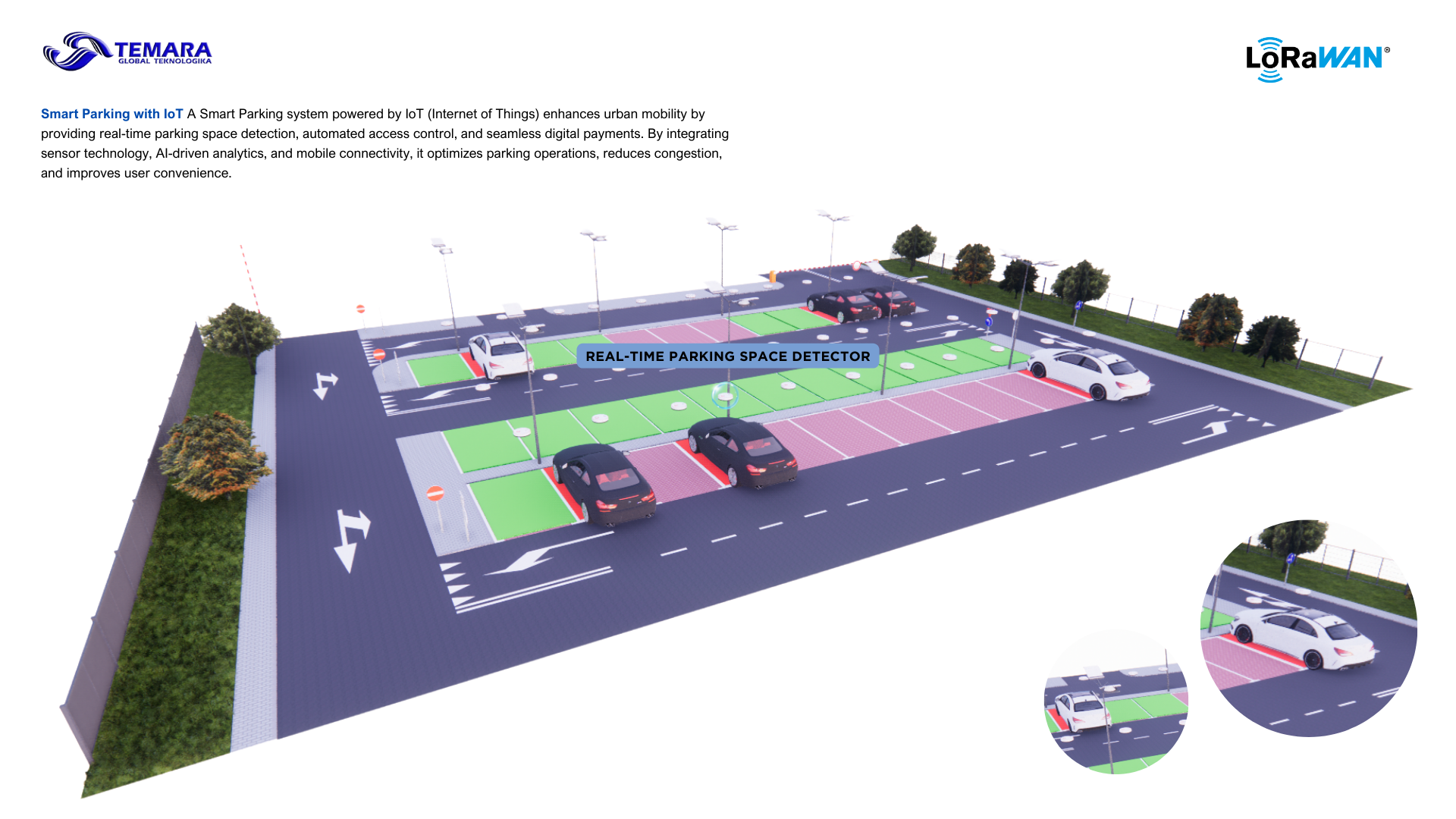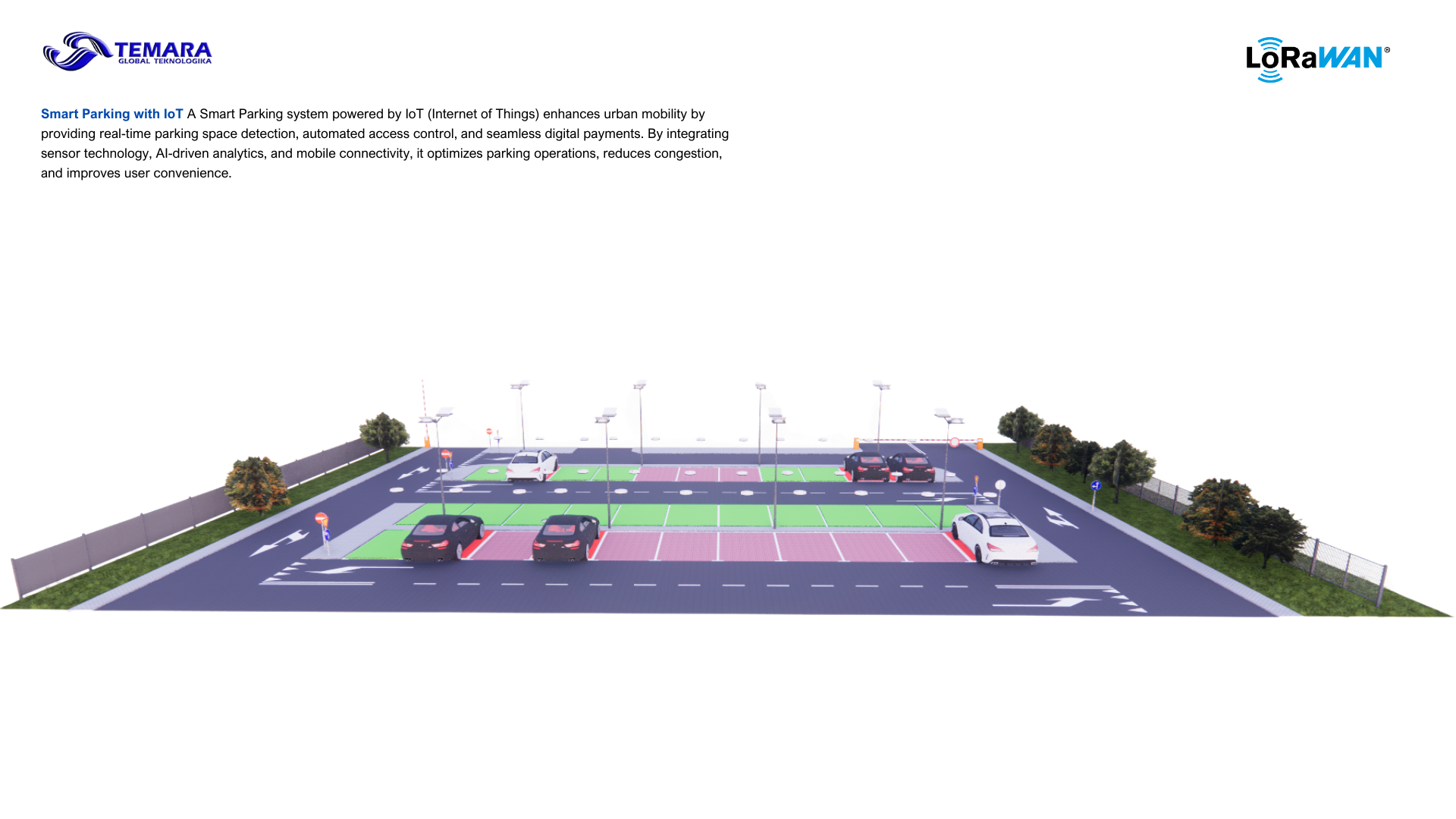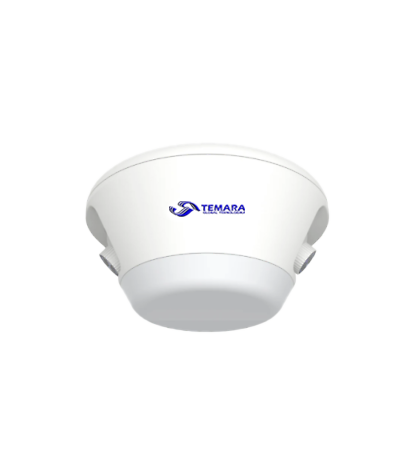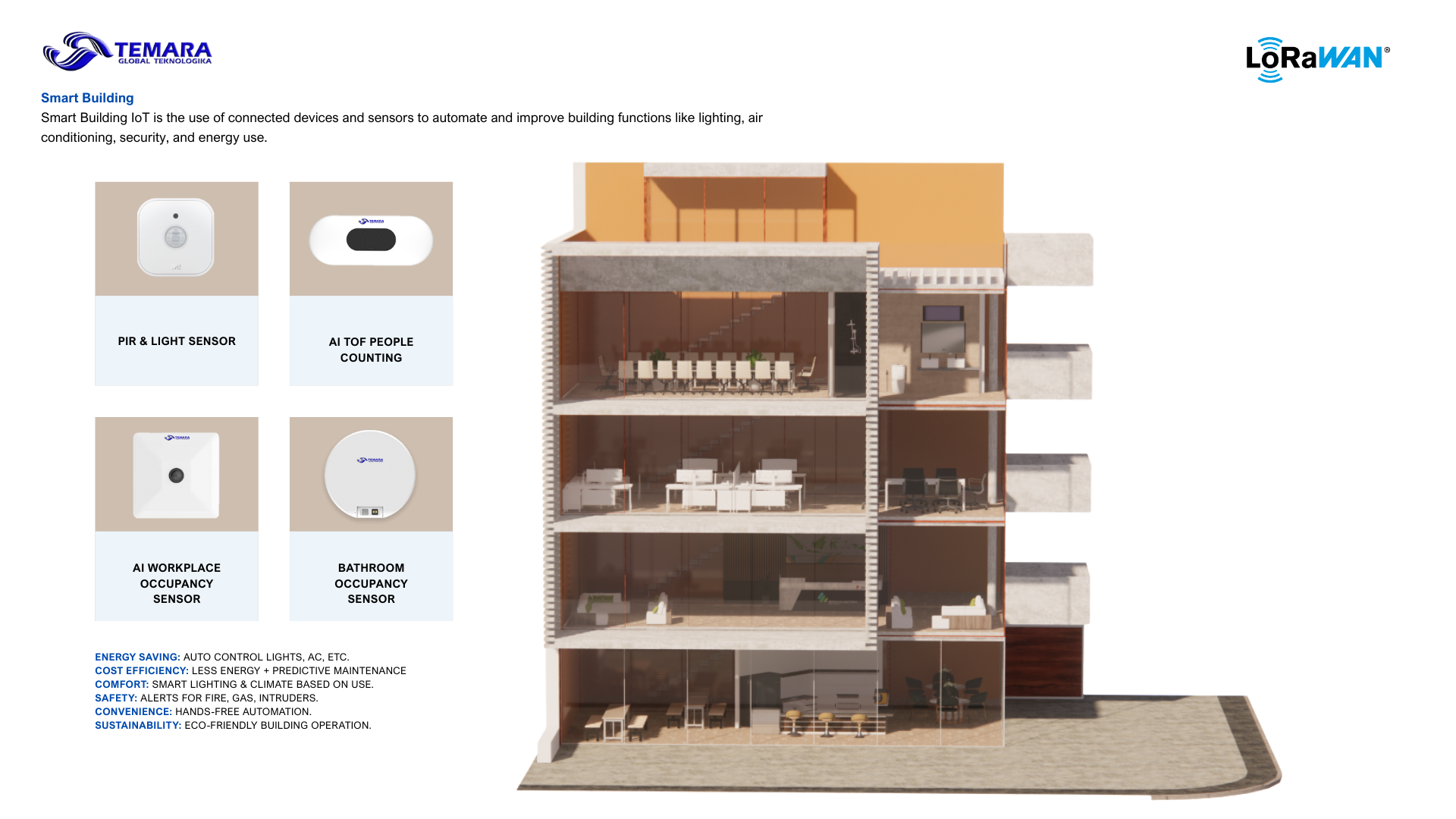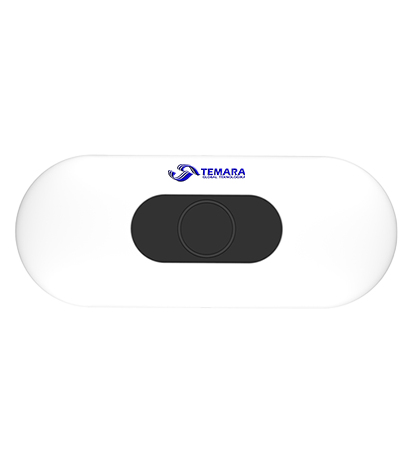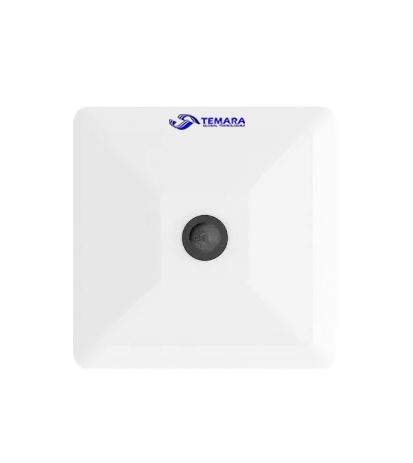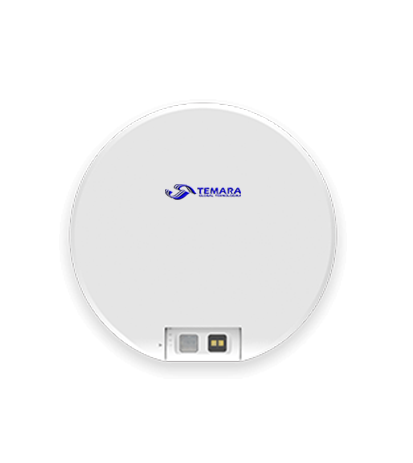Smart Office for Enhanced Workplace Efficiency
A company implements a smart office system to improve productivity, sustainability, and employee well-being.
Solution:
IoT Sensors & Automation: Motion and occupancy sensors adjust lighting and temperature based on real-time usage, reducing energy waste.
Smart Climate Control: Automated HVAC systems maintain optimal temperatures, ensuring comfort while lowering energy costs.
AI-Powered Security: Smart access controls and facial recognition enhance workplace security.
Connected Collaboration: Voice-activated assistants and smart meeting rooms streamline communication and scheduling.
Data-Driven Optimization: Real-time analytics help manage space usage, improving resource allocation and workflow efficiency.
Outcome: The company experiences reduced operational costs, improved employee productivity, and a more adaptive, comfortable work environment.
Smart Office for Enhanced Workplace Efficiency
A company implements a smart office system to improve productivity, sustainability, and employee well-being.
Solution:
IoT Sensors & Automation: Motion and occupancy sensors adjust lighting and temperature based on real-time usage, reducing energy waste.
Smart Climate Control: Automated HVAC systems maintain optimal temperatures, ensuring comfort while lowering energy costs.
AI-Powered Security: Smart access controls and facial recognition enhance workplace security.
Connected Collaboration: Voice-activated assistants and smart meeting rooms streamline communication and scheduling.
Data-Driven Optimization: Real-time analytics help manage space usage, improving resource allocation and workflow efficiency.
Outcome: The company experiences reduced operational costs, improved employee productivity, and a more adaptive, comfortable work environment.
BENEFITS
Smart Restroom using IoT
A Smart Restroom powered by IoT (Internet of Things) integrates intelligent sensors, automation, and real-time monitoring to enhance hygiene, efficiency, and user convenience. By leveraging advanced technology, it ensures a cleaner, safer, and more energy-efficient restroom experience.
Key Features:
-
Touchless Technology: Automatic faucets, soap dispensers, and flush systems reduce direct contact and minimize germ spread.
-
Cubicle Occupancy Detection: Smart sensors detect occupied and vacant stalls, displaying availability on digital screens to reduce waiting times.
-
Leak Detection Sensors: Real-time water leak sensors alert maintenance staff immediately, preventing water wastage and potential damage.
-
Air Quality Monitoring: Sensors measure humidity, odor levels, and air quality, automatically activating ventilation systems when needed.
-
Smart Water Management: Tracks water usage, detects leaks, and optimizes consumption to promote sustainability.
-
Automated Cleaning Alerts: AI-driven monitoring schedules cleaning based on usage, ensuring a well-maintained environment.
-
Energy Efficiency: Motion-based lighting and climate control adjust automatically to save energy.
By integrating IoT, Smart Restrooms provide enhanced convenience, hygiene, and operational efficiency, making them ideal for public spaces, offices, and commercial facilities.
Smart Restroom using IoT
A Smart Restroom powered by IoT (Internet of Things) integrates intelligent sensors, automation, and real-time monitoring to enhance hygiene, efficiency, and user convenience. By leveraging advanced technology, it ensures a cleaner, safer, and more energy-efficient restroom experience.
Key Features:
-
Touchless Technology: Automatic faucets, soap dispensers, and flush systems reduce direct contact and minimize germ spread.
-
Cubicle Occupancy Detection: Smart sensors detect occupied and vacant stalls, displaying availability on digital screens to reduce waiting times.
-
Leak Detection Sensors: Real-time water leak sensors alert maintenance staff immediately, preventing water wastage and potential damage.
-
Air Quality Monitoring: Sensors measure humidity, odor levels, and air quality, automatically activating ventilation systems when needed.
-
Smart Water Management: Tracks water usage, detects leaks, and optimizes consumption to promote sustainability.
-
Automated Cleaning Alerts: AI-driven monitoring schedules cleaning based on usage, ensuring a well-maintained environment.
-
Energy Efficiency: Motion-based lighting and climate control adjust automatically to save energy.
By integrating IoT, Smart Restrooms provide enhanced convenience, hygiene, and operational efficiency, making them ideal for public spaces, offices, and commercial facilities.
BENEFITS
Smart Parking Using IoT
A Smart Parking system powered by IoT (Internet of Things) transforms traditional parking into an intelligent, connected experience. By integrating sensors, real-time data, and automation, it allows drivers to quickly find available spots, while operators gain tools to manage parking more efficiently and securely.
Key Features:
-
Real-Time Space Detection: Sensors installed in each parking spot detect availability and send live updates to a central system.
-
Mobile Integration: Users can view space availability, reserve spots, and make payments through a mobile app.
-
Automated Entry/Exit: License plate recognition or RFID systems allow seamless access without tickets.
-
Security Monitoring: Smart surveillance enhances safety for vehicles and users.
-
EV Integration: Includes smart electric vehicle charging stations with availability tracking.
-
Dynamic Pricing & Data Analytics: Helps manage peak hours and optimize revenue using real-time insights.
Smart Parking systems improve urban mobility, reduce traffic congestion, and support sustainable transportation, making them ideal for cities, malls, airports, and commercial complexes.
Smart Parking Using IoT
A Smart Parking system powered by IoT (Internet of Things) transforms traditional parking into an intelligent, connected experience. By integrating sensors, real-time data, and automation, it allows drivers to quickly find available spots, while operators gain tools to manage parking more efficiently and securely.
Key Features:
-
Real-Time Space Detection: Sensors installed in each parking spot detect availability and send live updates to a central system.
-
Mobile Integration: Users can view space availability, reserve spots, and make payments through a mobile app.
-
Automated Entry/Exit: License plate recognition or RFID systems allow seamless access without tickets.
-
Security Monitoring: Smart surveillance enhances safety for vehicles and users.
-
EV Integration: Includes smart electric vehicle charging stations with availability tracking.
-
Dynamic Pricing & Data Analytics: Helps manage peak hours and optimize revenue using real-time insights.
Smart Parking systems improve urban mobility, reduce traffic congestion, and support sustainable transportation, making them ideal for cities, malls, airports, and commercial complexes.
BENEFITS
Advantages of Smart Buildings
-
Energy Efficiency Smart buildings are equipped with energy management systems capable of automatically controlling electricity usage and lighting. Integrated sensors can adjust lighting intensity and air conditioning based on needs, reducing energy wastage.
-
Enhanced Security Smart security technologies such as AI-based CCTV cameras, biometric access control, and automatic alarm systems provide maximum protection for occupants and assets within the building.
-
Comfort and Productivity With automation systems, occupants can control various aspects of the building, such as temperature, lighting, and room access, through cloud-based applications. This creates a more comfortable environment and supports productivity.
-
Optimal Space Management Smart sensors can detect room usage and optimize space utilization. Facilities such as meeting rooms can be managed more efficiently, reducing space wastage and increasing flexibility.
Implementation of Smart Buildings in Various Sectors
-
Offices: Improve operational efficiency and reduce electricity costs through automation systems.
-
Hospitality: Enhance guest experience with room automation and personalized services.
-
Healthcare: Monitor patient conditions in real-time and optimize the use of medical equipment.
-
Shopping Centers: Regulate lighting and cooling systems intelligently to improve visitor comfort.
The Future of Smart Buildings
With continuous technological advancements, smart buildings will increasingly become the standard in modern construction. Integration with artificial intelligence and data analytics will enable energy demand prediction and more efficient resource management. Smart buildings not only create a more eco-friendly environment but also provide positive impacts for their occupants.
The adoption of smart buildings is a crucial step in creating smarter and more sustainable cities for the future.
Advantages of Smart Buildings
-
Energy Efficiency Smart buildings are equipped with energy management systems capable of automatically controlling electricity usage and lighting. Integrated sensors can adjust lighting intensity and air conditioning based on needs, reducing energy wastage.
-
Enhanced Security Smart security technologies such as AI-based CCTV cameras, biometric access control, and automatic alarm systems provide maximum protection for occupants and assets within the building.
-
Comfort and Productivity With automation systems, occupants can control various aspects of the building, such as temperature, lighting, and room access, through cloud-based applications. This creates a more comfortable environment and supports productivity.
-
Optimal Space Management Smart sensors can detect room usage and optimize space utilization. Facilities such as meeting rooms can be managed more efficiently, reducing space wastage and increasing flexibility.
Implementation of Smart Buildings in Various Sectors
-
Offices: Improve operational efficiency and reduce electricity costs through automation systems.
-
Hospitality: Enhance guest experience with room automation and personalized services.
-
Healthcare: Monitor patient conditions in real-time and optimize the use of medical equipment.
-
Shopping Centers: Regulate lighting and cooling systems intelligently to improve visitor comfort.
The Future of Smart Buildings
With continuous technological advancements, smart buildings will increasingly become the standard in modern construction. Integration with artificial intelligence and data analytics will enable energy demand prediction and more efficient resource management. Smart buildings not only create a more eco-friendly environment but also provide positive impacts for their occupants.
The adoption of smart buildings is a crucial step in creating smarter and more sustainable cities for the future.
